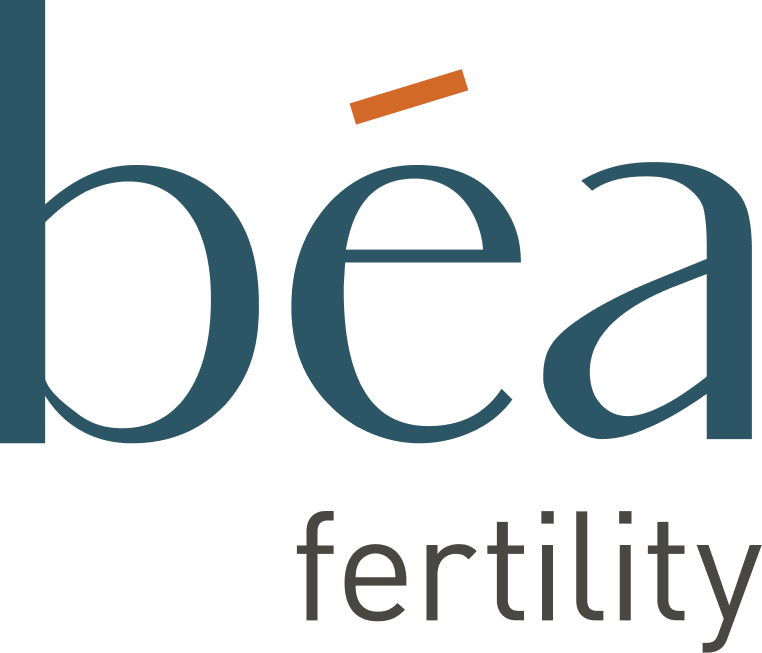Your Guide to Pregnancy Testing and the Next Steps
You’ve no doubt already taken a pregnancy test. Still, it’s useful to understand how they work, when you should start testing and what to do when you know the results.
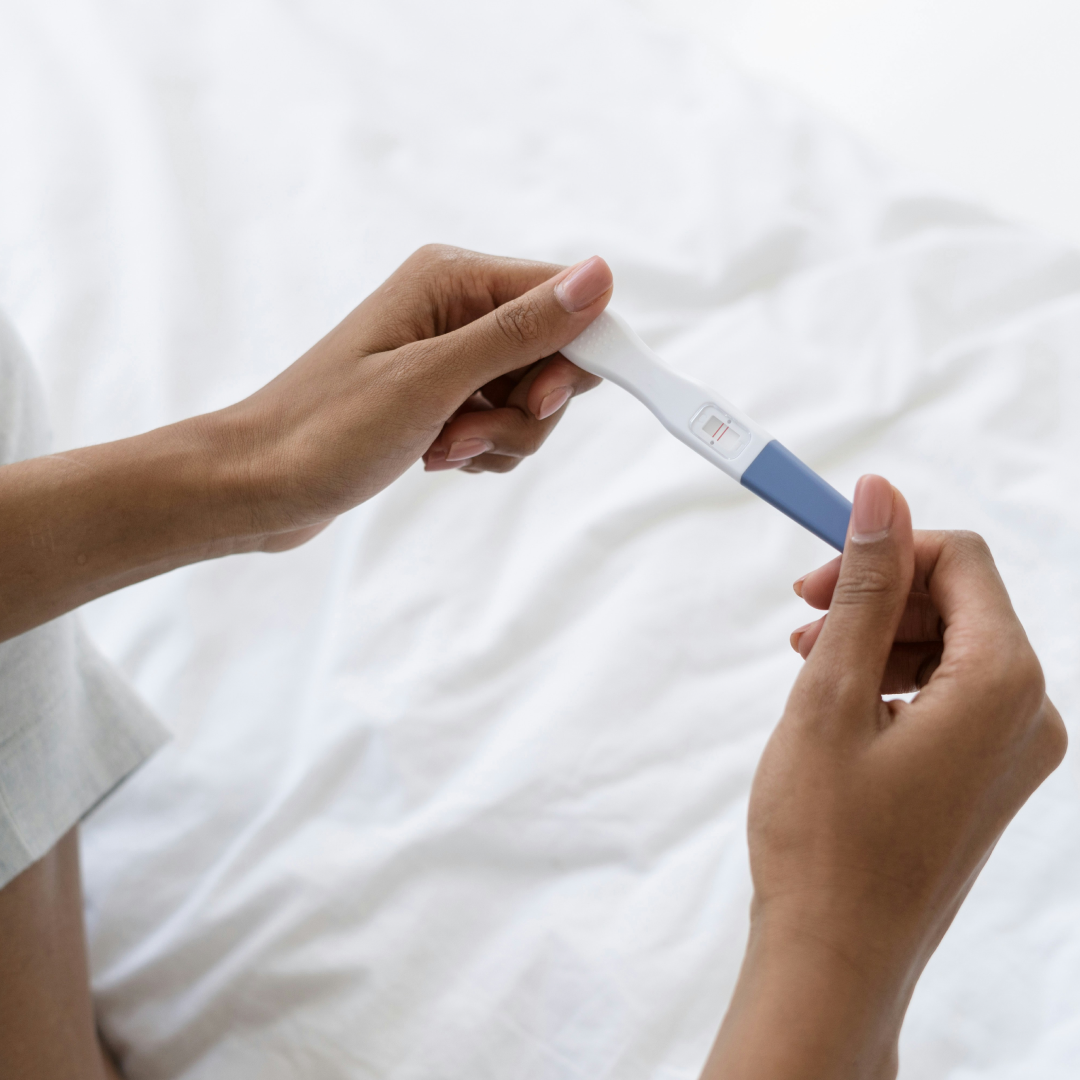
After Using The Béa Applicator
After using the Béa Applicator comes the hard part of the treatment cycle: the Two-Week Wait (TWW). This is the name for the two-week period between using the Béa Applicator and when you can start testing for pregnancy. Go gently on yourself during the TWW. We’re right here with you – if you need reassurance or support, you can email the Béa Care Team anytime.
Understanding Pregnancy Testing
How do pregnancy tests work?
Pregnancy tests are urine tests that measure a hormone called human chorionic gonadotropin (hCG), which is produced when pregnant. Most pregnancy tests come in a kit containing one or two test sticks. You either pee on the stick or dip the stick into a container with your urine and the result appears after a few minutes.
Home pregnancy tests are accurate as long as you follow the instructions correctly. Most pregnancy test kits have 97–99% accuracy.
When should you take a pregnancy test?
Most pregnancy tests can be taken from the first day of your missed period.
If you’re unsure when your next period is due, you can take a test around 2 weeks after you last had unprotected sex.
All tests are slightly different, so be sure to read the instructions before use.
What pregnancy tests should you use?
There are a range of different pregnancy tests available: digital tests, stick tests and test strips. We don’t have any one brand that we recommend – what’s really important is that you feel comfortable with the test you use.
For more information on tests we’ve tried, read this article.
What do you do if you’re pregnant?
Our warmest congratulations to you, from all of us here at Béa Fertility! Your time with us at Béa is coming to a close, and it’s soon time for you to move on to the next chapter in your family-building journey. Contact us at support@beafertility.com and let us know your results. We have prepared a guide to support you on the next steps, packed with advice on what you can expect from your doctor and midwife throughout your pregnancy and how to get the best support from them. You should also start taking folic acid if you haven’t already.
What do you do if you’re not pregnant?
If you get a negative result and still think you’re pregnant, wait a few days and test again. We know this can be an emotional time, and we’re here to support you and help you work out your next steps. Contact us at support@beafertility.com and let us know your results so we can support you further or if you have questions about starting another treatment with us. For more information on another cycle with us, head to our website when you’re ready for more information on how to get your next kit.
Pregnancy Testing FAQs
Can you start testing for pregnancy early?
Most pregnancy tests can be used from the first day of your missed period; however, check the instructions with your test, as some can be used earlier. Taking a pregnancy test early can be so tempting when trying to conceive, and you’re not alone in wanting to do that. Still, it’s important to follow the instructions on your pregnancy test and only start testing when instructed to do so, otherwise, the results can be inaccurate.
Does it matter which pregnancy test you use?
It doesn’t matter what pregnancy tests you use as long as you follow the instructions that accompany them.
What are common early pregnancy symptoms?
There are several symptoms that can indicate a pregnancy; however, the earliest and most reliable sign of pregnancy is a missed period or a positive pregnancy test. Every pregnancy is different, and not everyone will experience the same symptoms, but here are some of the most common pregnancy symptoms:
- Fatigue. It’s common to feel tired, especially in the first 12 weeks of pregnancy. Hormonal changes, like rising progesterone levels, can make you feel tired, emotional and/or sick.
- Changes of appetite. You may find you no longer like some foods and drinks you used to; you might experience new cravings or even have a more sensitive sense of smell than usual.
- Nausea. Nausea or sickness during pregnancy can happen as early as 4–6 weeks. Despite being (inaccurately) dubbed “morning sickness”, nausea can happen at any time of the day, and in fact, women frequently wake up at night with nausea as well.
- Breast tenderness. Your breasts may become sore, tender or increase in size. The veins in your breasts may also become more visible and your nipples may change colour – don’t panic, this is normal during pregnancy.
- Frequent urination. You might feel the need to pee more often, even during the night. You might also experience increased vaginal discharge.
- Constipation. This is very common in early pregnancy and is usually related to the hormonal shifts happening which can slow down the activity of the bowel. There are lots of things that can help to tackle this, including staying hydrated, maintaining fibre in the diet and moving your body enough during the day.
Frustratingly, many of the above symptoms are similar to those you experience when your period is about to start. Some people even experience spotting – which could be the result of an implantation bleed or the start of a period. If you’re worried about any symptoms you’re having, talk to your GP or your midwife.
Discover Our Other Guides
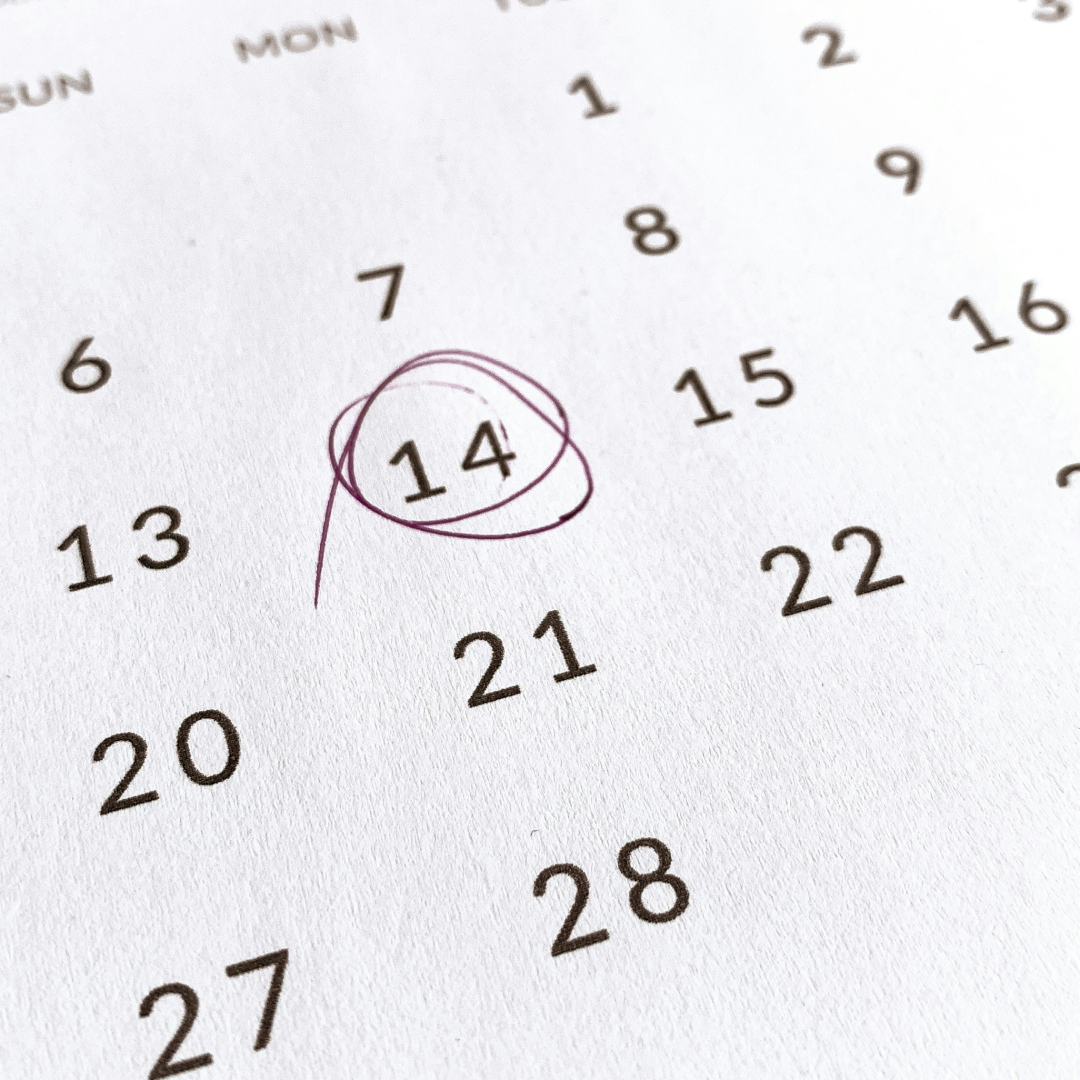
Ovulation Tracking Guide
In this guide, you'll find everything you need to put your mind at ease, from when to start testing to how ovulation tests work, plus our recommendations for which tests actually work best.
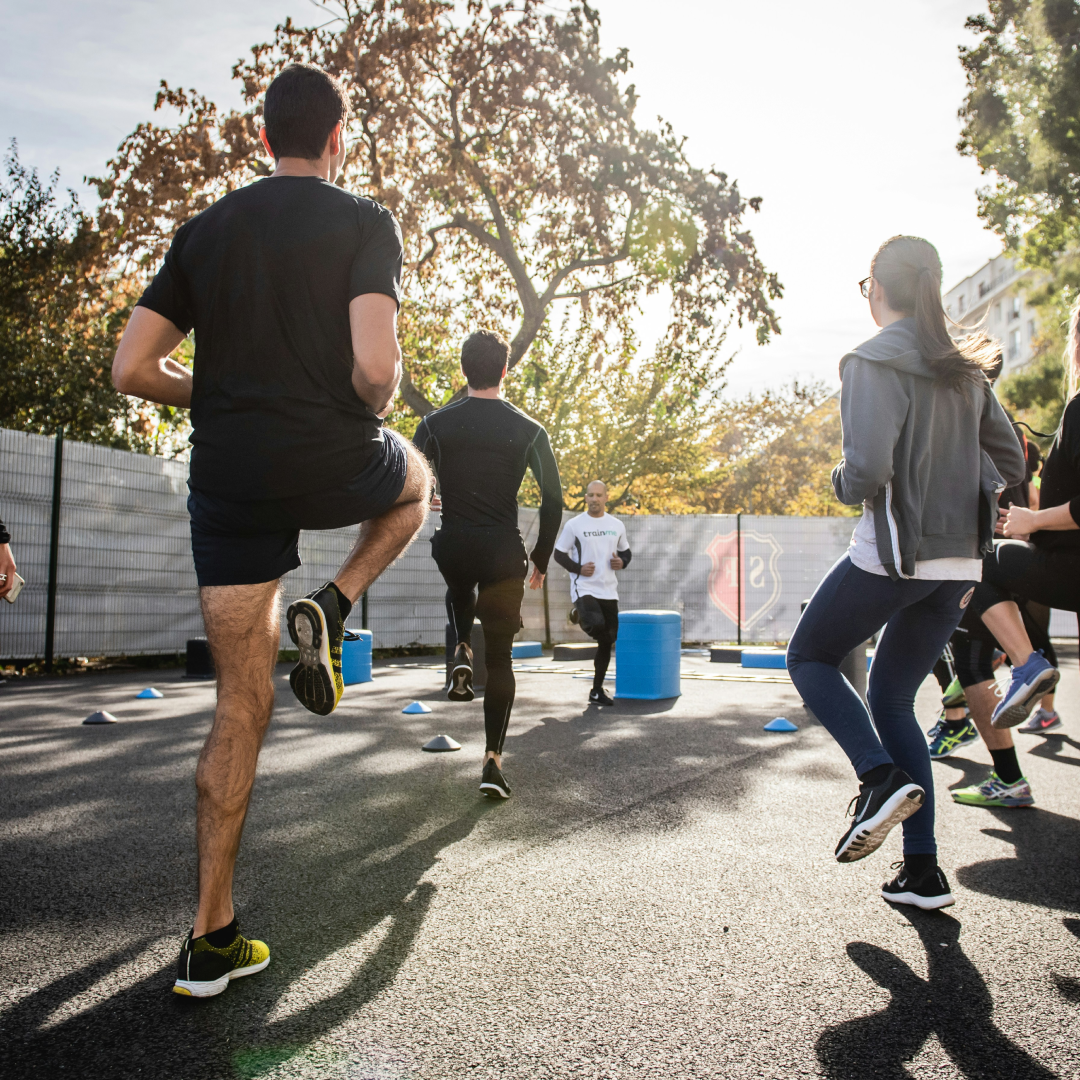
Better Sperm Health Guide
Look no further than our handy guide to better sperm health. Discover 5 tips detailing everything from lifestyle and diet changes to exercise and making conscious choices.

Treatment FAQs
Everything you need to know before, during, and after using The Béa Treatment
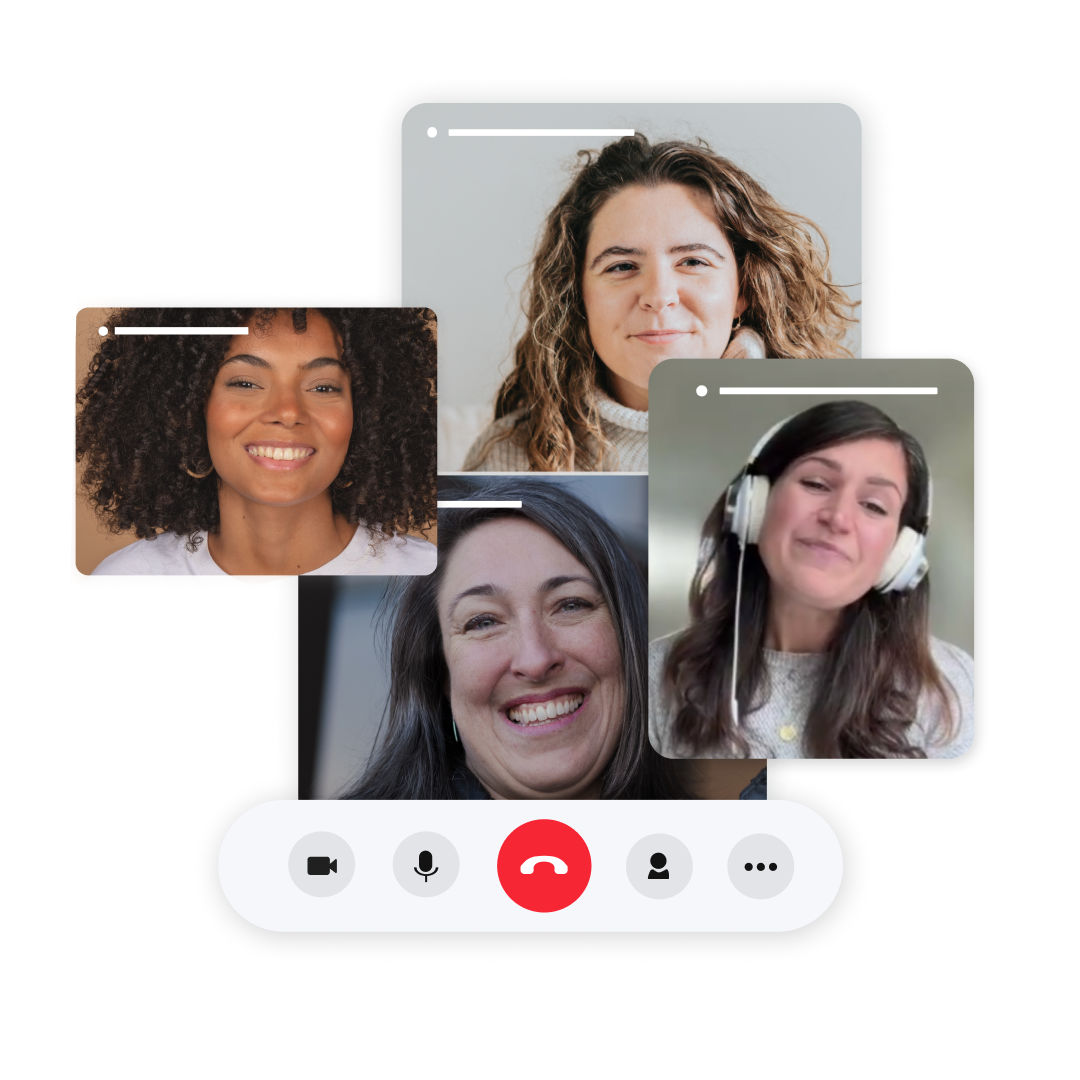
Do you have extra questions?
Find further support via our FAQs or speak to a member of the team. We're here to help.
